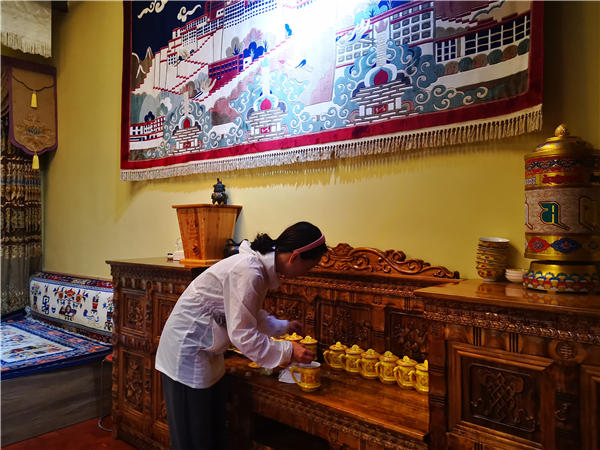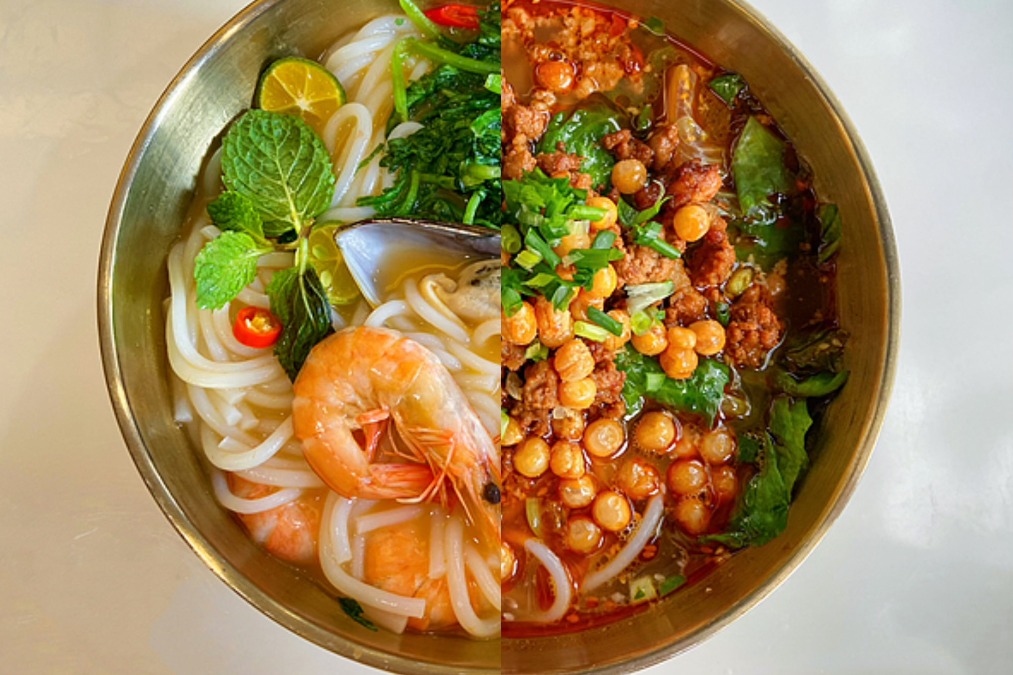Where trash was once king


In total, there are 52 houses in Gaxiu village, each of 667 sq m. As with Yeliguan, there is no litter to be seen.
However, things were very different before March 2017.
"There was yak dung and horse dung everywhere, and there were illegal buildings all over the place," says Lhamo Kyab, 59, Party secretary in the village, as he stands at the gate to his house, with several laborers busy building a path in the yard.
He says when Yu Chenghui, Party general secretary in Gannan, arrived in Gaxiu in March 2017, he said the village resembled postwar ruins. In the clean-up campaign, led by officials, villagers began picking up litter in public places and putting it into rubbish bins.
"Villagers now pick up trash up whenever and wherever they see it," Lhamo Kyab says.
Lhamo Kyab used to have 180 yaks, but to protect grassland the government pays his family of six 15,000 yuan a year in return for cutting the number of yaks to 150, and grazing is prohibited in spring and autumn.
Now, after three months, renovations of Lhamo Kyab's guesthouse have entered their final stage.
"Many guesthouses in our village are updating the infrastructure according to the diversified designs provided by the government," Lhamo Kyab says. "The focus is on building toilets because we didn't have them before. The renovation cost 40,000 yuan, of which we paid half and the government the rest."
Not far from the crossroads is the tent city of Gaxiu village, where 108 white or black Tibetan tents that serve as guestrooms, theater, Tibetan restaurant and cafeteria stand.
Profits are divided among 81 poor households that invested 15,000 yuan each to pay for construction.
The trash-free campaign and environmental protection around the prefecture have benefited not only such guesthouse owners in Gaxiu, Heiliningba, Anguo, Gongquhu villages in Xiahe and Luqu counties, but also high-end hotel owners.




































